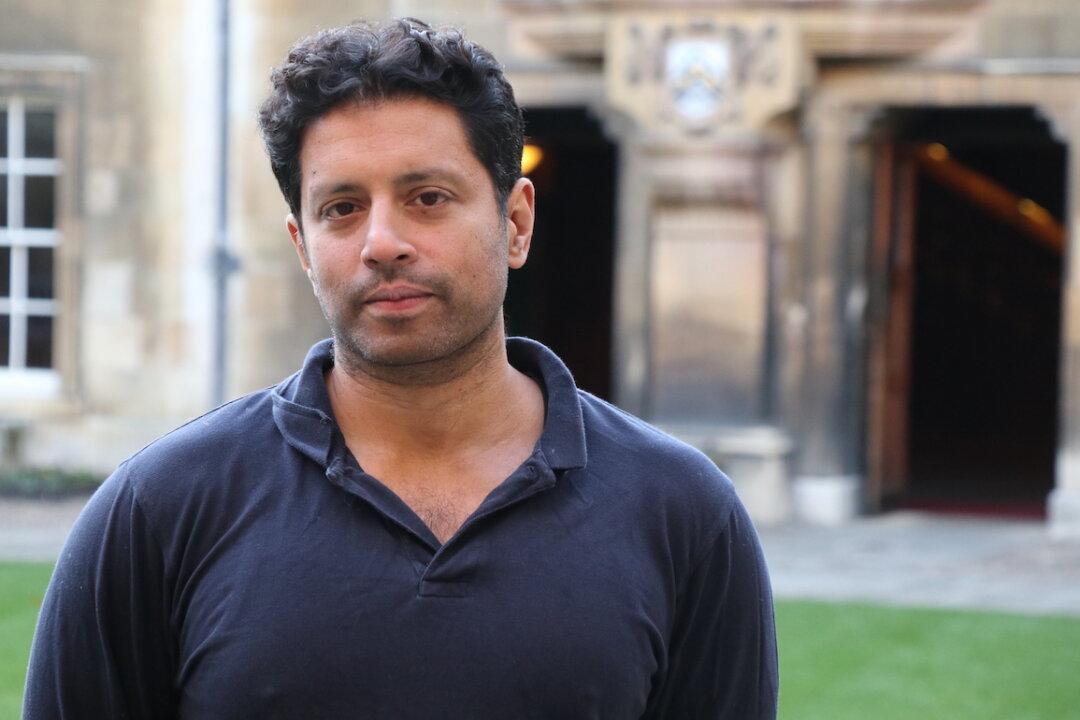A new government-backed freedom of speech champion for universities has warned that “democracy is at stake.”
The appointment of Cambridge lecturer Professor Arif Ahmed as the Office for Students (OfS) director for freedom of speech and academic freedom comes in the wake of heated student protests over feminist Kathleen Stock’s talk at Oxford University.





